
As Zymergen Buys EnEvolv, Biological Manufacturing Is Ready To Transform How Industry Makes Everything From Airplanes To Air Jordans
As Zymergen Buys EnEvolv, Biological Manufacturing Is Ready To Transform How Industry Makes Everything From Airplanes To Air Jordans
If you could bring to market superior, sustainable materials 20% faster than your competitors, you would have a real market edge.That’s the prospect in today’s announcement that synthetic biology startup Zymergen has acquired enEvolv, establishing a combined platform that promises to speed up R&D in biomanufacturing. Zymergen will use enEvolv’s ultra-high-throughput technology to screen and select individual cells from among millions, finding those rare cells with just the right genes and properties needed in biomanufacturing applications. It’s so good, enEvolv says it can do in a single month what would take 30 of today’s high-speed robots 2,000 years to do.If you haven’t read my column before, synthetic biology is a growing field that combines modern advances in biology, automation, and computation. Applied to fermentation—the ancient biology technique used in brewing beer and baking bread—biology can be harnessed to make things like jet fuel, vanilla, nylon, beauty products, and other items that ordinarily depend on petrochemicals.Industries ranging from pharmaceuticals and agriculture to electronics and personal care are turning to biology for better ways of making things. In doing so, they are scaling up to meet increasing consumer demand for more sustainable and natural products that compete on performance with existing options. The Zymergen-enEvolv announcement is part of this growing trend.“This partnership crystalizes our long-held belief that the combination of high throughput genome engineering, powerful technology, and new approaches to material science will push the biological manufacturing revolution into the mainstream,” says Colin South, CEO of enEvolv.The company’s ultra-high-throughput microbial screening and engineering capability uses biological evolution to sort through hundreds of millions—if not billions—of cells, compared to the tens of thousands that current technology can achieve.

From left to right, enEvolv co-founder & COO Jay Konieczka, enEvolv co-founder George Church, Zymergen CEO Joshua Hoffman, and enEvolv CEO Colin South. ZYMERGEN
A platform for success
Zymergen’s platform brings together robotic automation, machine learning and genomics, tapping into nature to provide the novel materials of the future. Their goal, says CEO Joshua Hoffman, “is to bring novel bio-based materials to market that compete on differentiated functionality across a wide range of industries, starting with electronics, personal care and agriculture.”An important factor when bringing such products to market is speed, which is where enEvolv’s platform comes in. Their trick? The exponential power of evolution, which supercharges more linear, automated operations.“It’s all about being able to get past the bottleneck that exists in the test case,” explains South. “We can apply Zymergen’s leading development and machine learning capability over a much larger genetic diversity. We're able to bring a much richer array of positive information into the front end.”Hoffman told me that this could cut up to two years off of early product development. That would be hugely valuable to manufacturers in terms of both net present value and competitive advantage.
What’s so great about this technology?
enEvolv’s technology is based on a build-screen-learn model. The first step takes place in just a single test tube, in which billions of unique modifications can be made to molecular pathways in cells using gene-editing techniques.“We can screen hundreds of millions, if not billions of strains in a single experiment,” says South. “The bigger the number, the bigger the genetic diversity, the more you can learn from that.”The second step—and this is where the speed comes in—involves tailored molecular sensors that are used to detect cells producing more of the desired product among those billions of possibilities through techniques such as fluorescent tagging. Test tubes are then analysed on fluorescence imaging machines that can process tens of thousands of cells per second.“It’s a super exciting fit,” says Hoffman of the partnership. “We think it continues to differentiate our platform from anything else that's out there. The ability to generate tons of strains and then test them with these biosensors allows us to accelerate by about 20% the time taken to get a product to market.”When you put that figure in the context of a product cycle that might normally take five years, as Hoffman points out, “in terms of both net present value, as well as market opportunity, that's a pretty valuable year.”
A technology with pedigree
enEvolv was co-founded by Harvard and MIT Professor George Church, widely regarded as a pioneer in synthetic biology and personal genomics. His work has formed the basis for dozens of companies in medical diagnostics (Knome/PierianDx, Alacris, AbVitro/Juno, Genos, Veritas Genetics) and synthetic biology/therapeutics (Joule, Gen9, Editas, Egenesis, enEvolv, WarpDrive), to name a few.“As a researcher and entrepreneur myself, I am all too familiar with the roadblocks many in the community face when trying to take powerful new discoveries to market in a cost-effective and scalable way,” said Church in a press release. He said Zymergen had “cracked the code” in combining the best research practices with state-of-the-art automation and machine learning, and that the new combination would “accelerate the transformation in product and material manufacturing.”
This is no one-off: A platform that suits many industries
“Technology doesn’t have any function until it’s applied against a product,” says South of the big advantage of the partnership from the perspective of bringing novel molecules to market. “Applying it broadly across a large portfolio of valuable molecules very quickly means we can generate value immediately thanks to the quality of the pipeline that Zymergen has.”Hoffman stresses that, although the potential of the pipeline can provide molecules across a swathe of industries from pharmaceuticals and agriculture through to electronics and personal care, “it’s not just about a single product. We’re excited this combination will bring novel products to market that compete on functionality faster and for fewer dollars.”
“Nobody cares about biology for biology’s sake”
What’s important now for the bio-manufacturing sector, Hoffman adds, is to show how biology can solve problems and that it can help to solve customer needs.“Nobody cares about biology for biology’s sake,” he told me. “For the Fortune 100, it’s about how you can help them move from a need to a way biology can overcome that need. Frankly, you have to show that you can make that reality at a kiloton scale.”If partnerships like this are successful, the biomanufacturing sector will be well on its way to making sure it’s not focused on biology, but rather on the value being created.Thank you to Peter Bickerton and Kevin Costa for additional research and reporting in this article. I’m the founder of SynBioBeta, and some of the companies that I write about—including Zymergen—are sponsors of the SynBioBeta conference and weekly digest — here’s the full list of SynBioBeta sponsors. I am also an operating partner at DCVC, which has invested in Zymergen.Originally published on Forbes https://www.forbes.com/sites/johncumbers/2020/03/19/as-zymergen-buys-enevolv-biological-manufacturing-is-ready-to-transform-how-industry-makes-everything-from-airplanes-to-air-jordans/



.svg)





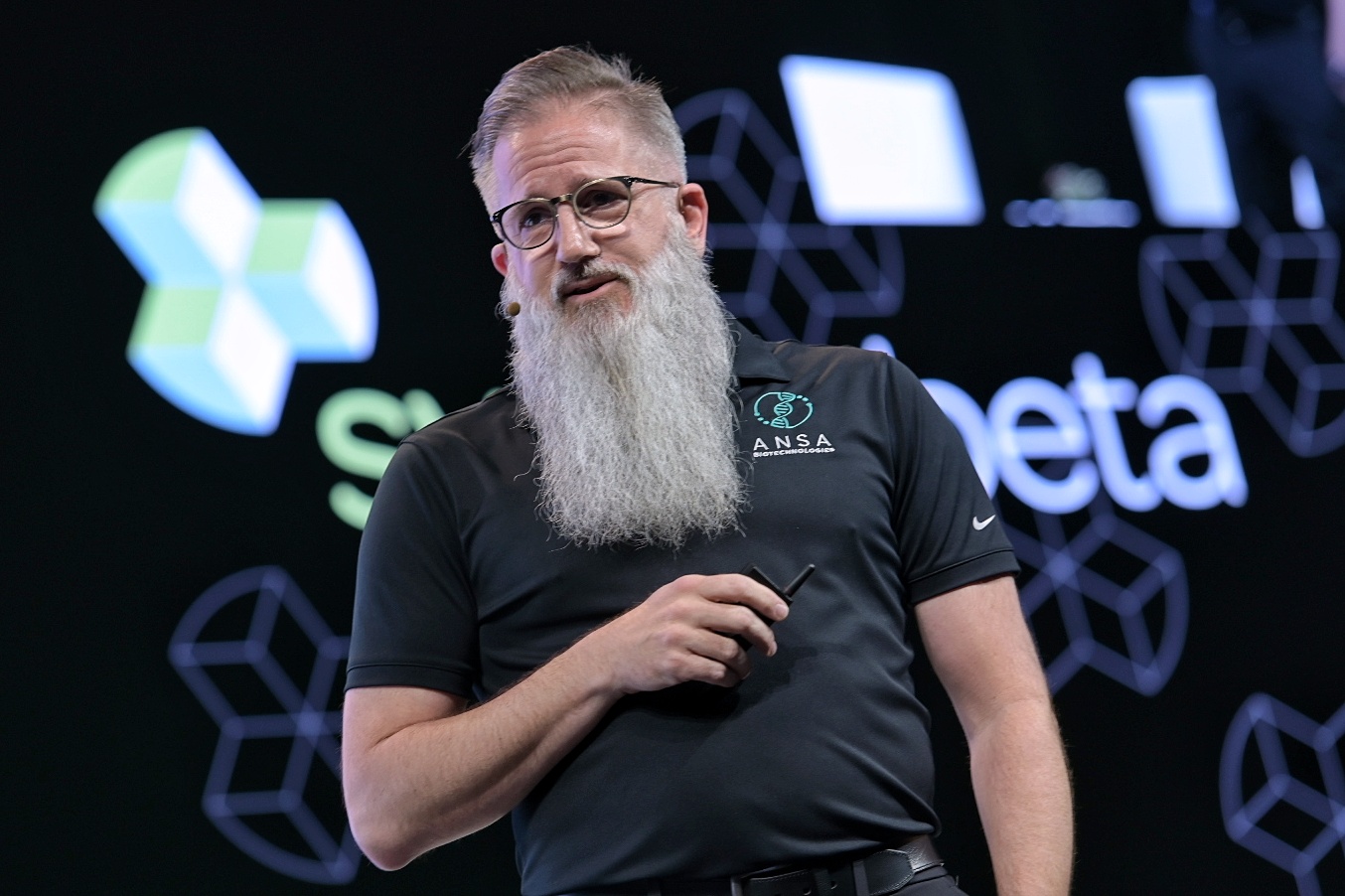
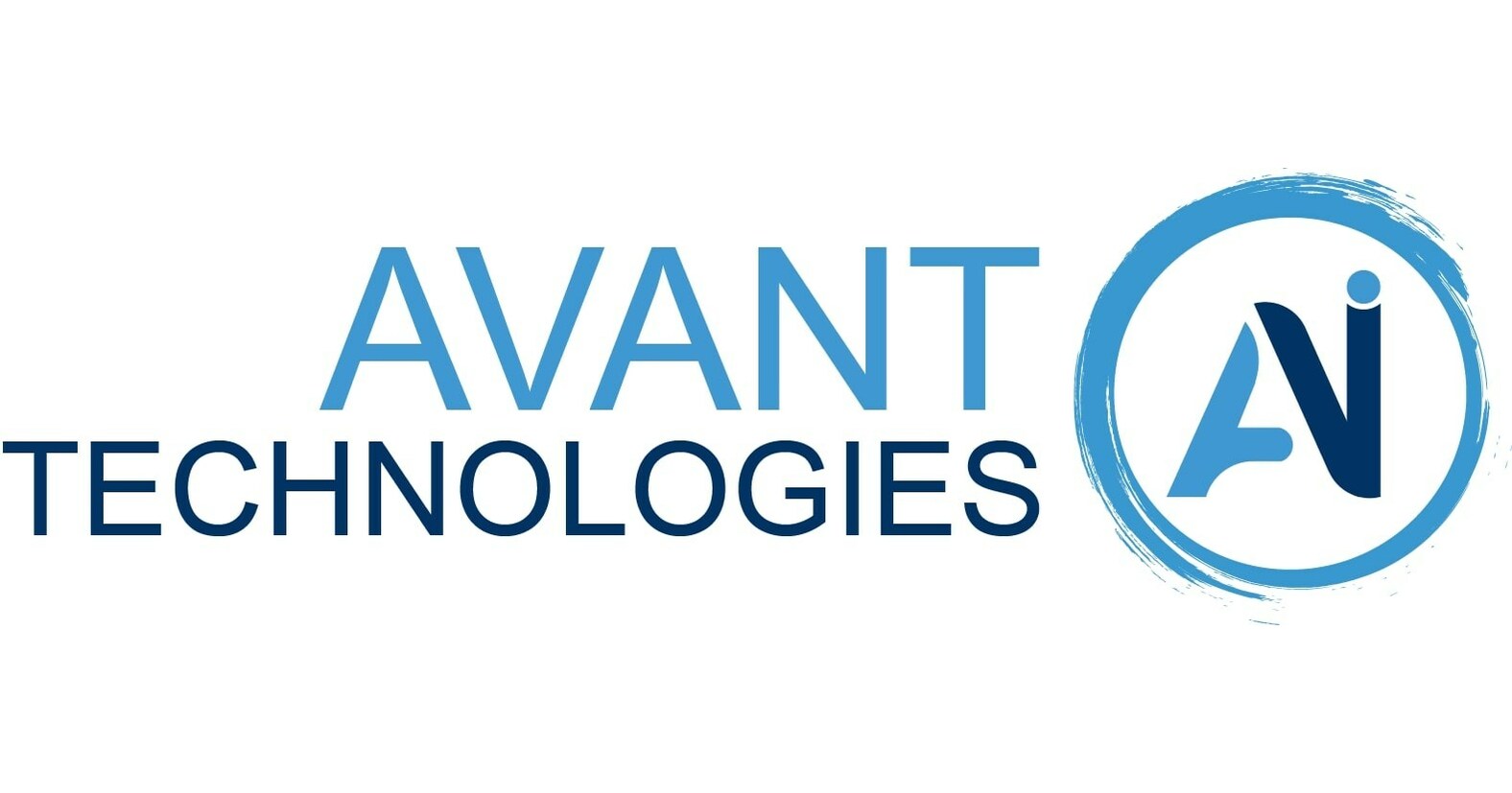
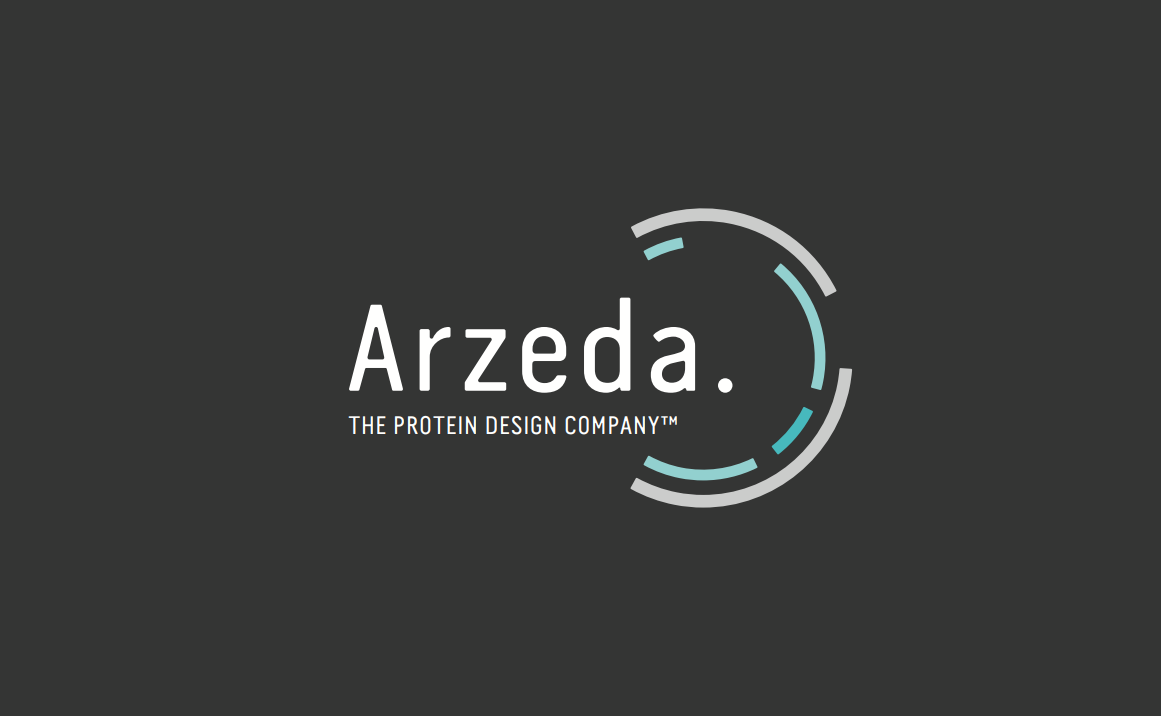
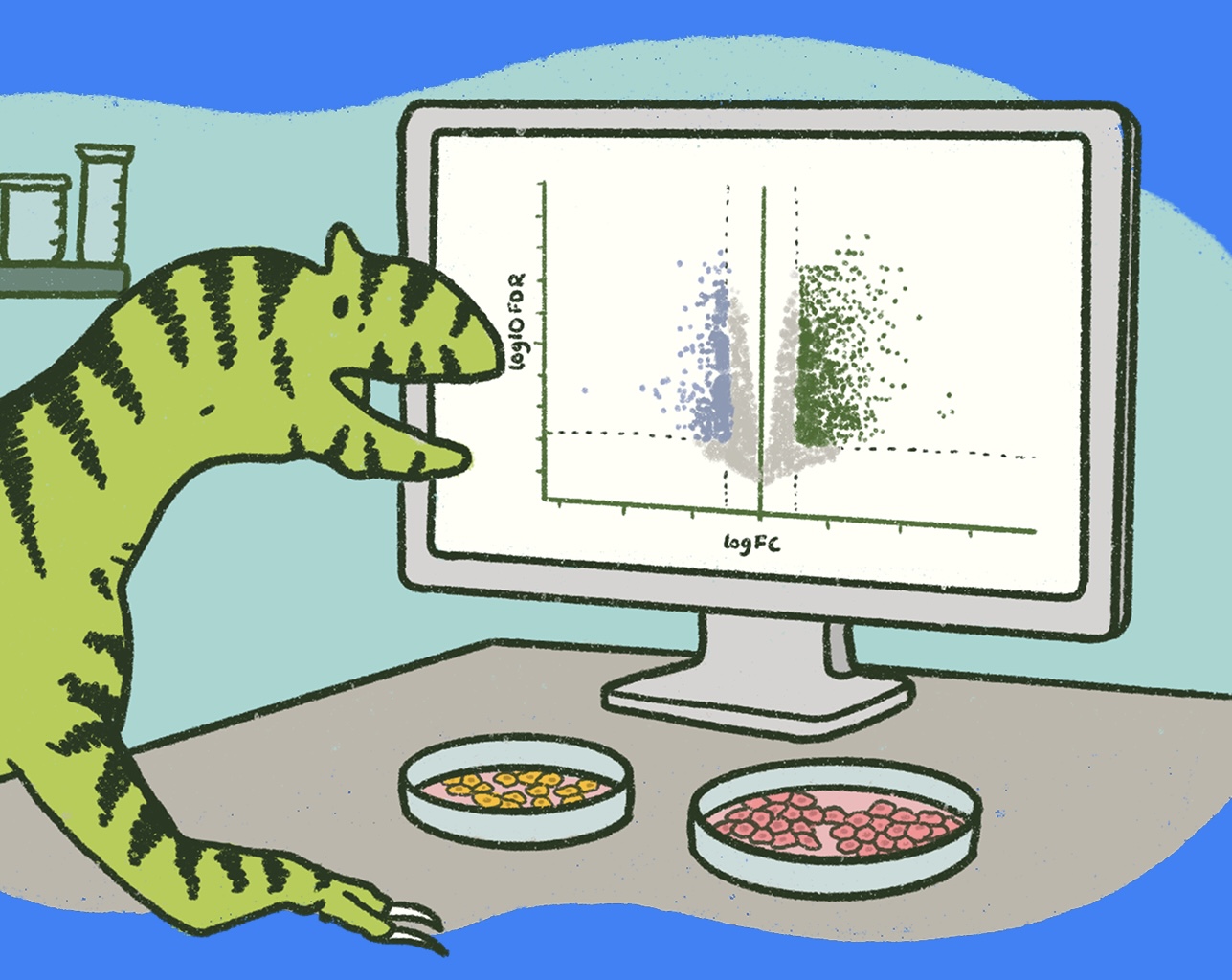
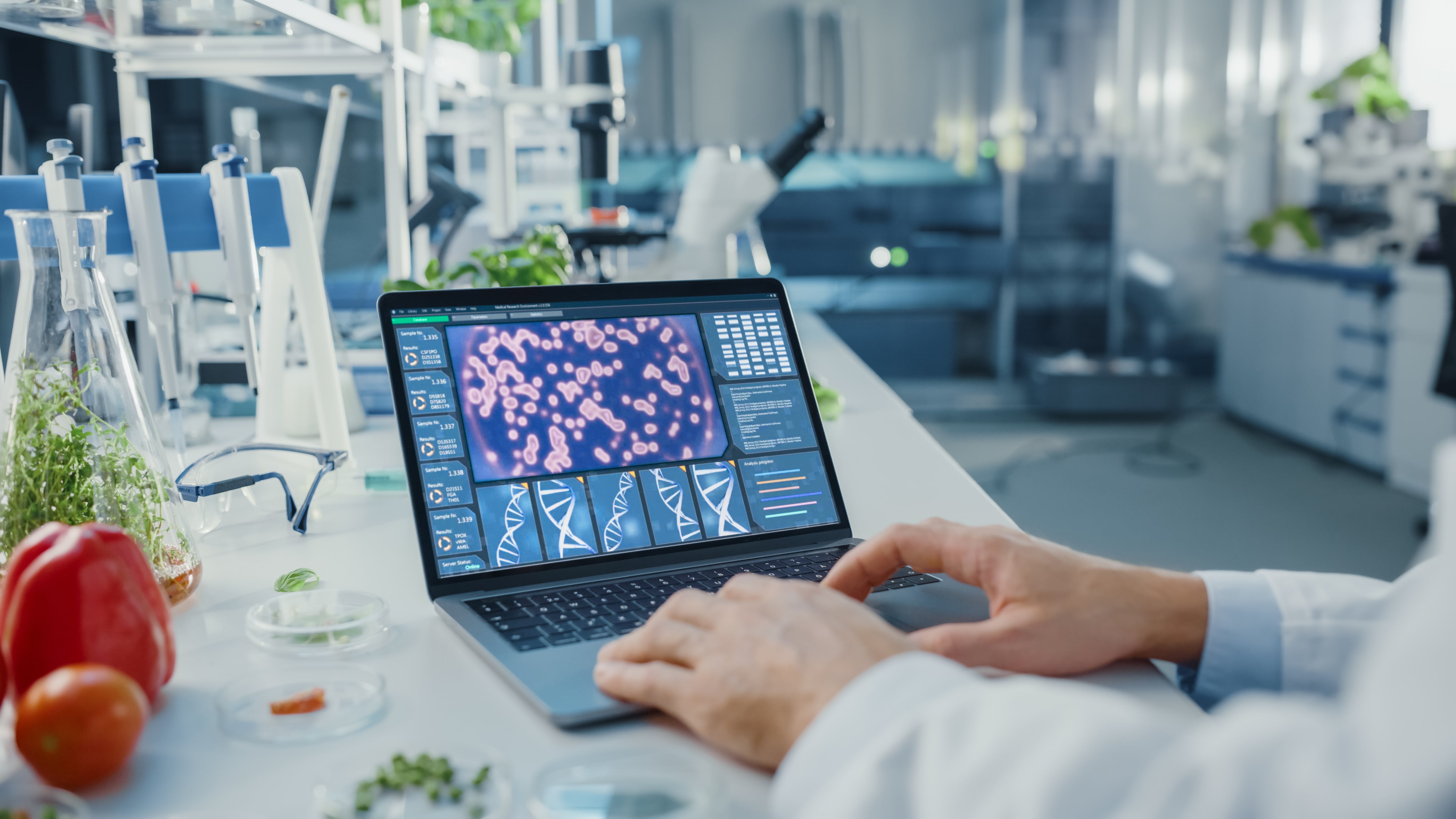
-min.png)
.gif)